At the end of 2024, Prime Minister Pham Minh Chinh also signed many trade cooperation agreements with Middle Eastern countries, opening up new opportunities for Vietnamese goods to enter the Halal market. This creates many incentives and opportunities for Vietnamese businesses, including agricultural products.
According to Mr. Phung Duc Tien, Deputy Minister of Agriculture and Environment , products entering the Halal market must ensure the legal requirements of the Muslim community; in which, mainly the requirements for cosmetics, food products... The demand for food sources of the market of Muslim countries creates many opportunities for Vietnamese agricultural, aquatic and food products.
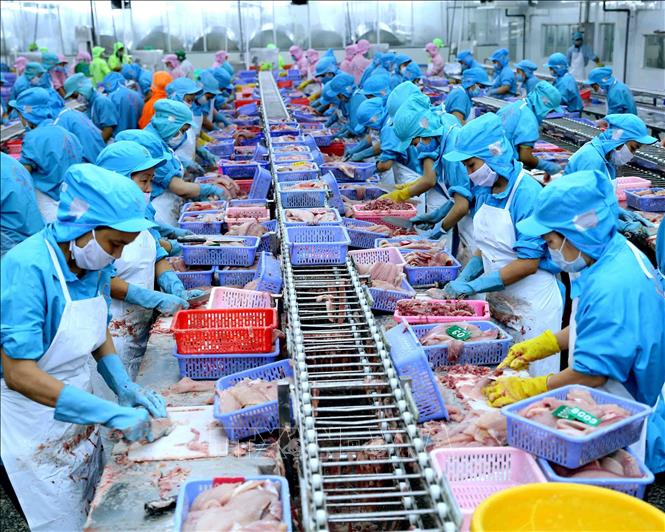 |
Processing tra fish for export at the factory of Southern Seafood Industry Company Limited ( Can Tho city). Photo (documentary): Vu Sinh/VNA |
Up to this point, Vietnamese seafood processing and exporting enterprises are also in the process of completing procedures and technology to bring seafood products into the Halal market.
According to Ms. To Thi Tuong Lan, Deputy General Secretary of the Vietnam Association of Seafood Processors and Exporters, Vietnamese seafood enterprises have also had a strategy to expand new markets to avoid risks when depending on one market or a few traditional markets. Among seafood processing and exporting enterprises, Minh Phu Group is currently granted Halal Certification and is promoting shrimp exports to this market. In addition, Vinh Hoan Joint Stock Company and Bien Dong Joint Stock Company are also promoting exports to this market, in parallel with traditional markets.
The representative of the Vietnam Association of Seafood Exporters and Producers also added that Vietnam's production standards such as VietGAP, GlobalGAP and HACCP are in harmony with Halal standards, creating a basis for the Halal Certification process. Vietnam is also strengthening its partnership with Halal licensing agencies in OIC countries (57-member Organization of Islamic Cooperation). Recent agreements between Halal regulatory agencies of Vietnam, Malaysia and Indonesia aim to move towards mutual recognition of Halal certification and facilitate market access.
Not only agricultural product manufacturing enterprises, many enterprises in the food industry have also obtained Halal Certification and exported to this market. According to the Ho Chi Minh City Food and Foodstuff Association, many large food enterprises such as Vietnam Dairy Products Joint Stock Company (Vinamilk), Bibica Joint Stock Company, Cholimex Food Joint Stock Company... have exported to the Islamic market for many years; in which, Vinamilk stands out as having successfully conquered Middle Eastern consumers with quality Halal products, fully meeting the criteria and requirements of this market.
The Halal market is as important as many traditional markets due to the large consumption power of people in this market. According to Mr. Le Chau Hai Vu; Consultant and Innovation Expert (Ministry of Industry and Trade), Halal certification is a mandatory passport for food processing and exporting enterprises when they want to enter the market of Muslim countries. Products after being Halal certified will have benefits such as meeting the requirements when exporting to Muslim countries and Muslim customers. Halal certified products will be trusted and used by Muslims without hesitation. In addition, certified products not only access the Muslim market more easily but also create trust with global consumers. This is a prerequisite for participating in the international supply chain and being allowed to distribute in supermarket systems and retail points in Muslim countries.
With the potential of the Halal market, many Vietnamese agricultural export enterprises consider this both a driving force and a challenge for enterprises in their strategy to conquer new markets, increasing opportunities to bring turnover back to Vietnam.
Mr. Nguyen Van Ha, General Director of Vietnam Agriculture Joint Stock Company, commented that the Halal market is indeed a market with great potential in the future. To conquer this market, businesses must join hands to implement a closed value chain model from product consumption, quality standardization, application of traceability technology to export and market development.
According to Mr. Ha, investing in a standardization system according to international standards such as Halal, GlobalGAP or ISO is an inevitable path if we want to improve the competitiveness of Vietnamese agricultural products. These standards are not only to meet export requirements but also to build a brand of high-quality, reputable Vietnamese agricultural products in demanding markets. In addition, businesses need to proactively research the market, build production processes that meet Halal standards, and at the same time promote their brands to enhance value, reliability and competitiveness to be able to exploit the potential of this market group.
Source: https://huengaynay.vn/kinh-te/ky-vong-tu-thi-truong-halal-voi-nong-san-viet-154968.html





![[Photo] Dan Mountain Ginseng, a precious gift from nature to Kinh Bac land](/_next/image?url=https%3A%2F%2Fvphoto.vietnam.vn%2Fthumb%2F1200x675%2Fvietnam%2Fresource%2FIMAGE%2F2025%2F11%2F30%2F1764493588163_ndo_br_anh-longform-jpg.webp&w=3840&q=75)


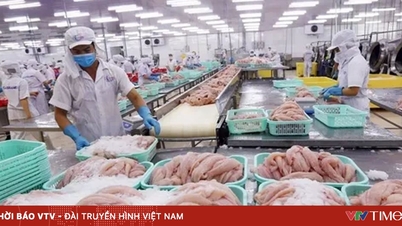

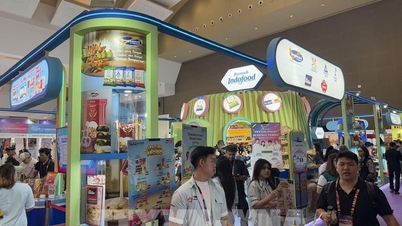

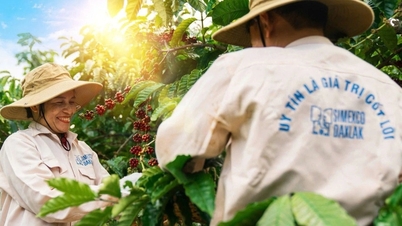



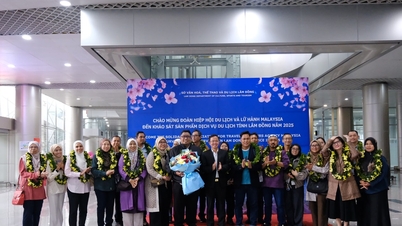

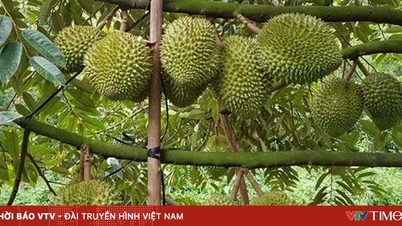
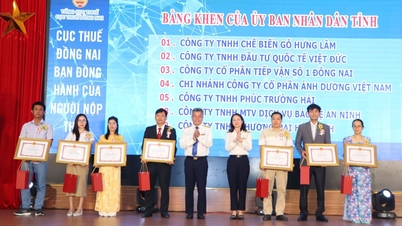

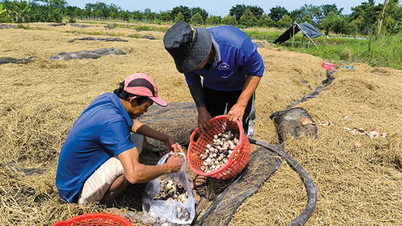

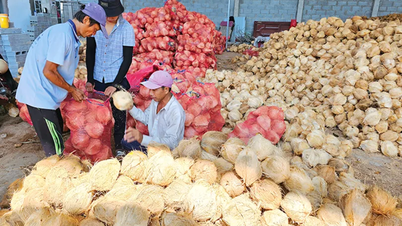
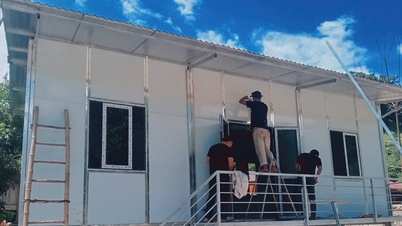

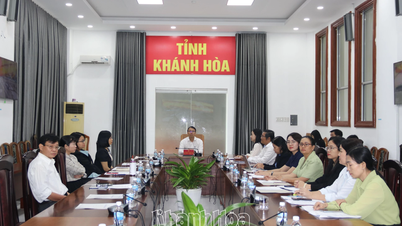

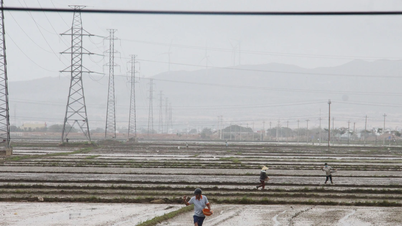





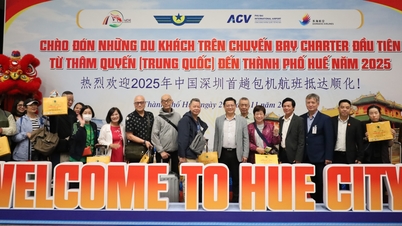
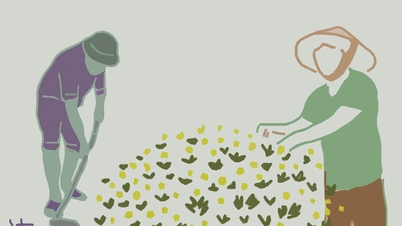
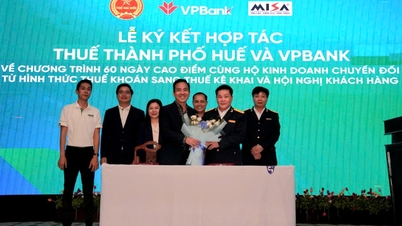
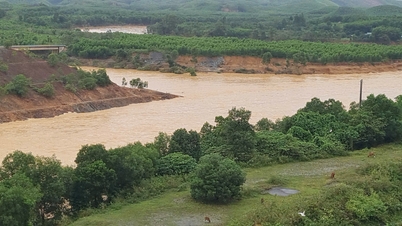
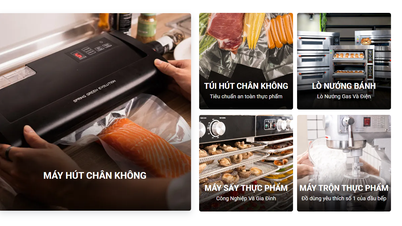
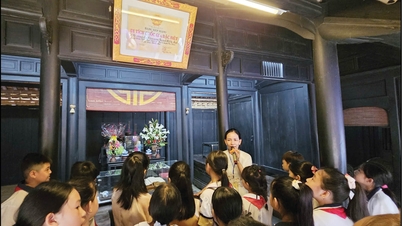




































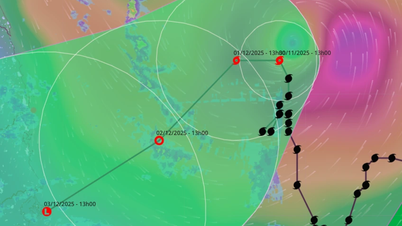
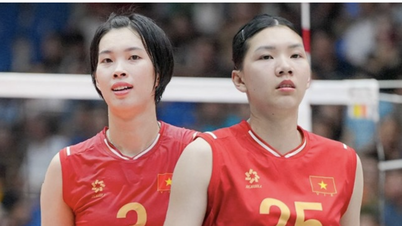

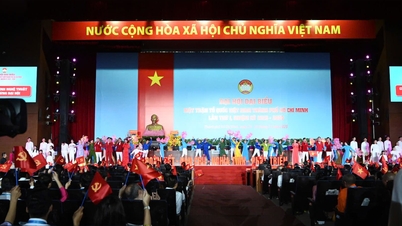




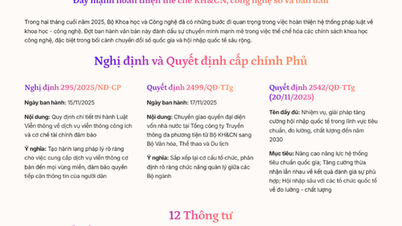

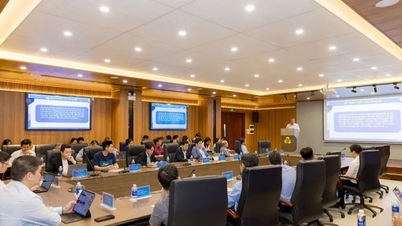
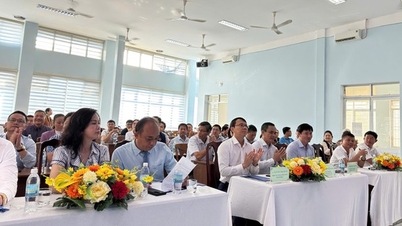
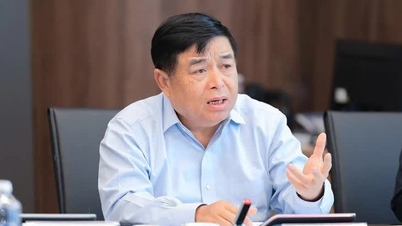
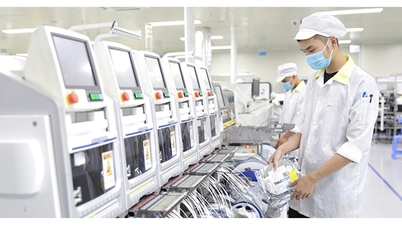
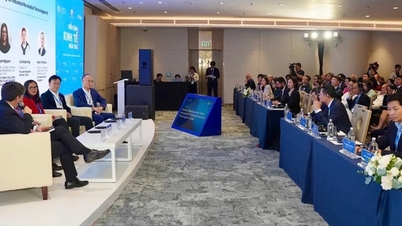
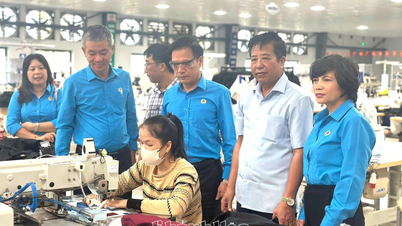
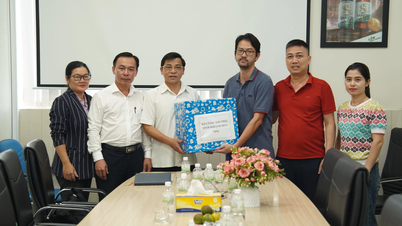
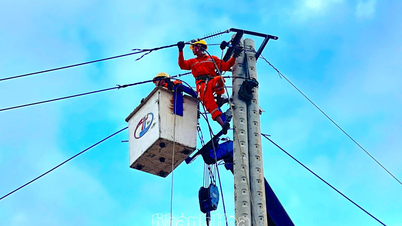
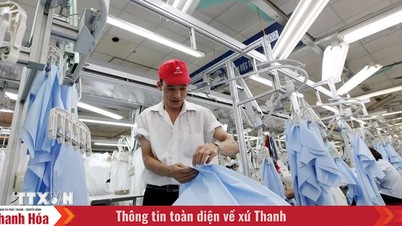



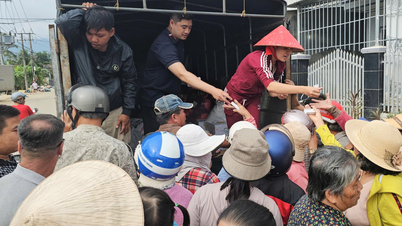










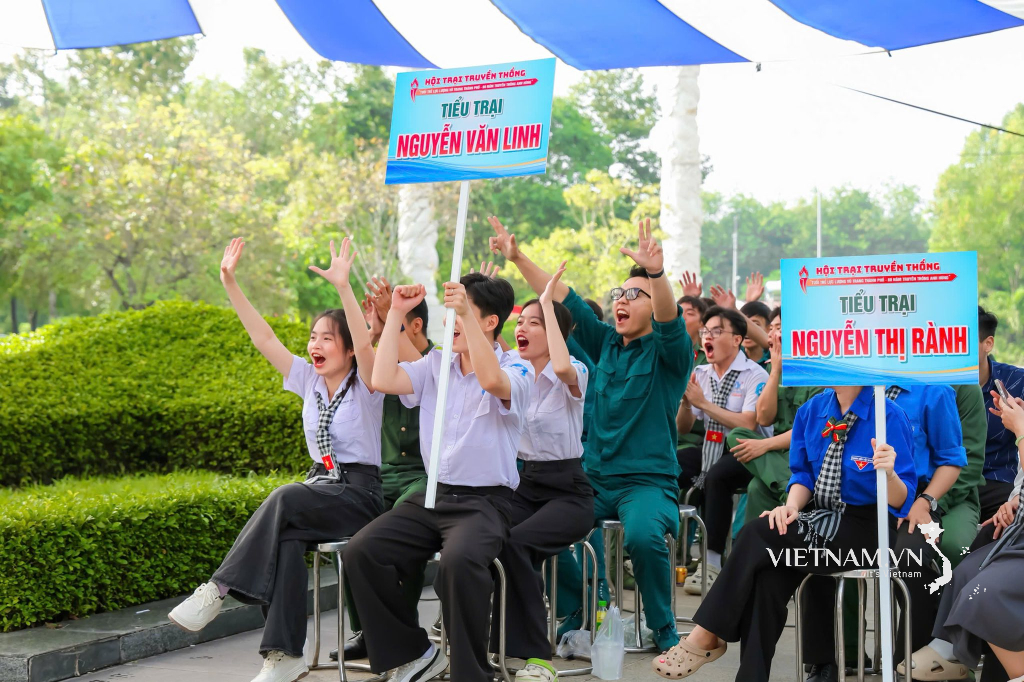

Comment (0)